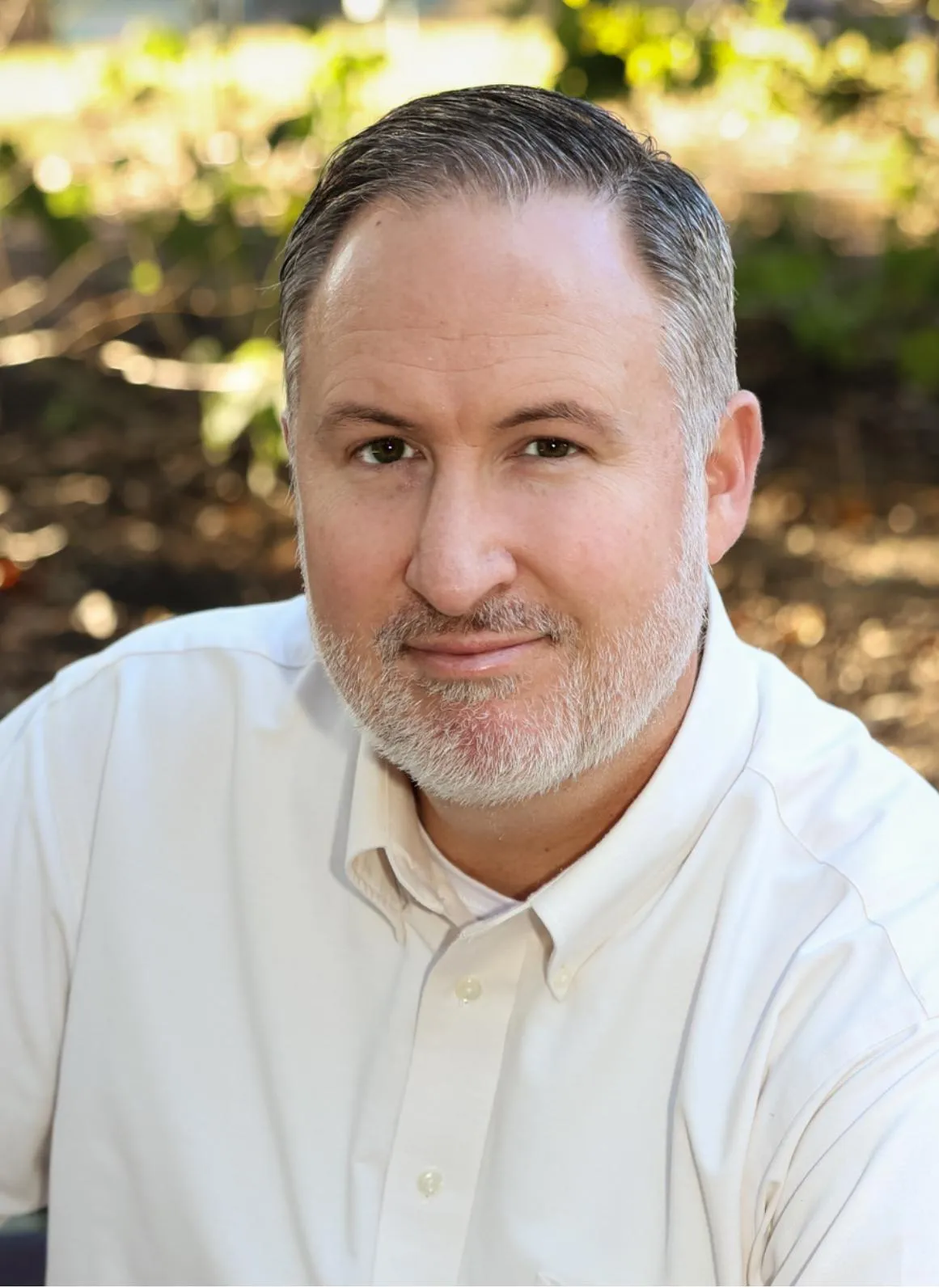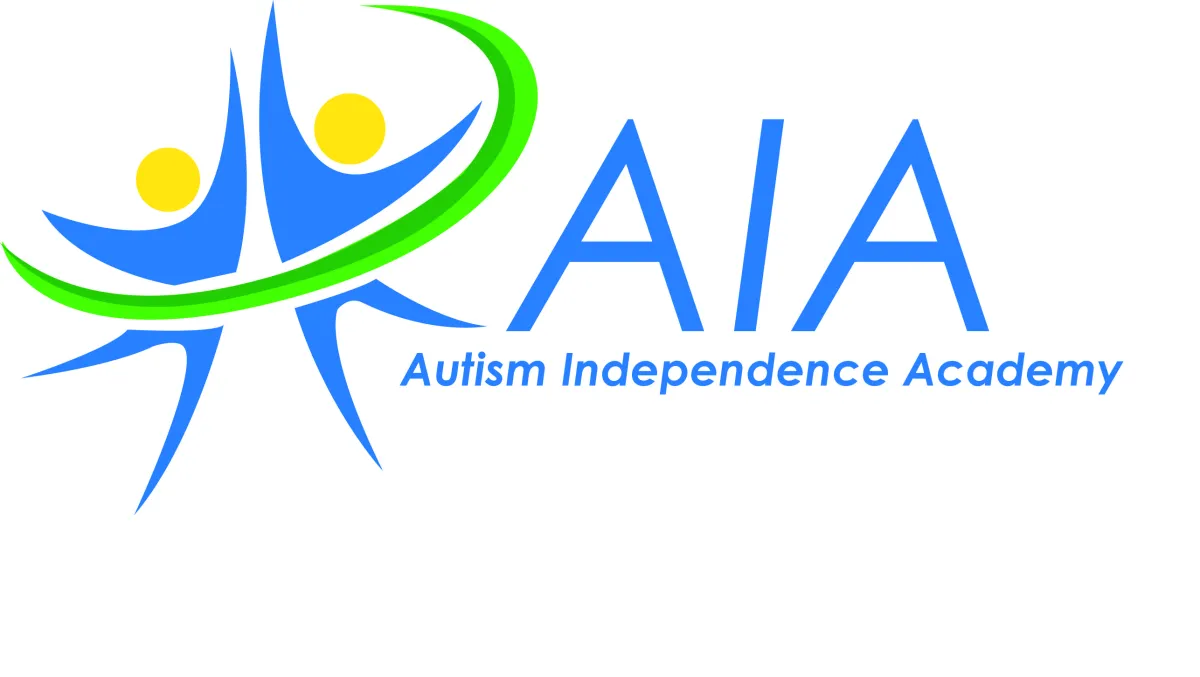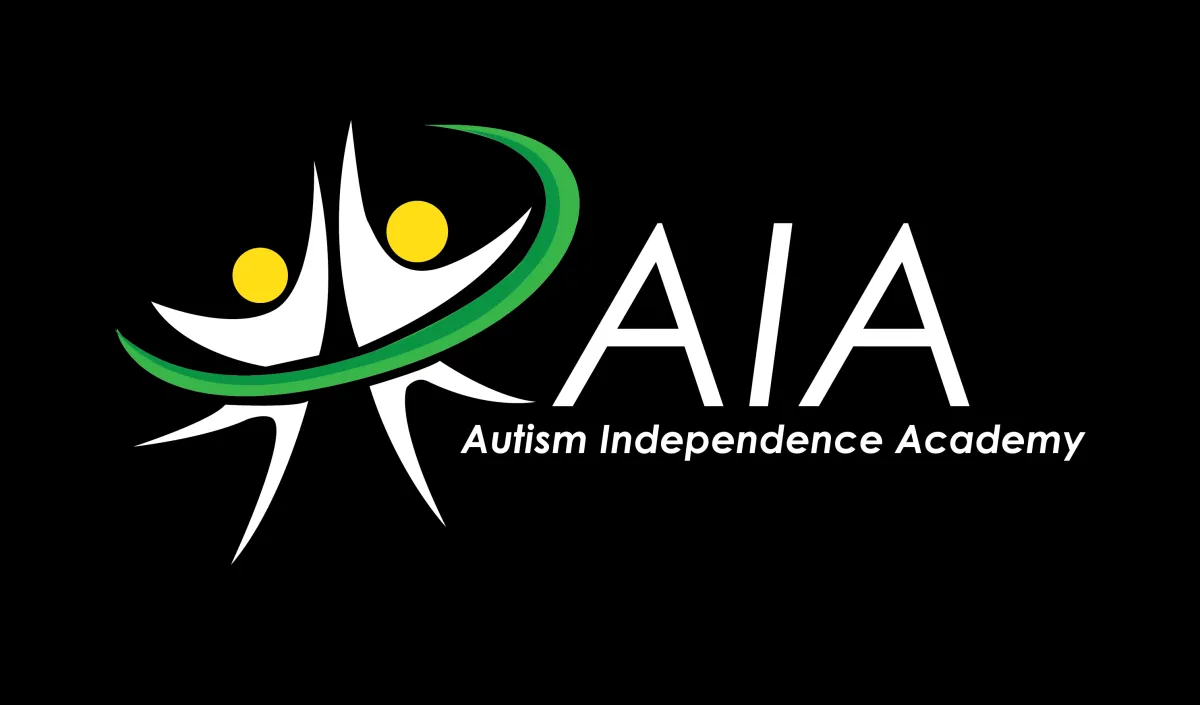Get a checklist of key life skills, weekly routines, and one of the top strategies to improve communication with your child - THE INDEPENDENCE STARTER KIT FREE TODAY!
Featured On



Is Your Young Adult Struggling With Any of These Challenges?
Confidence
Anxiety
Overwhelm With Life
Identity
Career Direction
Making Friends
Navigating Transitions
Time Management
Planning
Keeping a Routine
Executive Functioning
Feeling Stuck
What We Offer
Our programs are designed by experts who have years of experience.
Programs
We cover confidence, executive functioning, job prep, and social skills in a live, supportive group format. Includes built-in parent support.
Digital Content
Bite-sized learning on topics perfect for learning at their own pace between coaching sessions.
Mentorship and Coaching
Whether your young adult is just getting started or needs extra support navigating life, school, or work, our coaching provides structured, encouraging guidance tailored to their needs.

About us
We are a team of transformational coaches dedicated to empowering autistic young adults and their parents. Together, we break free from stagnation, ignite confidence, and create a compelling future. Through personalized 1:1 sessions, dynamic online programs, and supportive group coaching, we conquer anxiety, overcome depression, and cultivate a resilient identity of achievement and self-sufficiency, ultimately leading to independence.
Our top rated skills you can learn
Creating an Identity of confidence
Building routines and executive functioning skills
Navigating social situations and communication challenges
Setting personal, academic, or career goals
Developing independence
Meet our CEO, Blake Baumann

Hello, my name is Blake Baumann and I specialize in helping people with high functioning autism to unleash their genius and excel at managing the world around them so that they can live an extraordinary life.
My Story:
Autism came into my life at age 36 when my mini-me, my son, was diagnosed with it. For several years I denied it, not only for myself but also for my son. I even made sure my son’s school didn’t receive the diagnosis because I didn’t want my son treated any differently from other children because I knew the world wouldn’t. My wife, who worked in education and is the original one who pointed out that my son and I both had ASD, tried bringing up the conversation several times after the official diagnosis to which I would quickly shut her down.
The truth is I thought it would make me less of a person. I had worked extremely hard to overcome the many challenges that I faced in childhood and as an adult from social anxiety, communication awkwardness, sensory issues, and developing relationships to be an executive leader, speaker, husband, and father. Over the next few years with the help of my incredible wife, I was able to see all the things I achieved as a pathway to help other people with autism.
Through AIA, it’s my mission to help you and your loved ones to embrace and recognize what autism is…not a syndrome or disorder but a gift. Let me help you unleash your gift to live a truly extrodinary life.

Why Most Parents Accidentally Hold Their Young Adult Back (and How to Stop)

Latest PostsWhy Most Parents Accidentally Hold Their Young Adult Back (and How to Stop)
As parents, we want nothing more than to see our young adults happy, confident, and capable of living life on their own. But here’s the truth few people talk about—sometimes the very things we do to help are the same things that keep them stuck.
I know because I’ve been there. As an autistic adult and a parent of four neurodivergent young adults, I’ve lived both sides of this struggle. It’s not about lack of love or effort—it’s about our instinct to protect colliding with their need to grow.
The Trap of “Helping Too Much”
When your child struggles with executive functioning, anxiety, or low confidence, stepping in feels natural. You remind them of deadlines. You finish their sentences in social settings. You handle the phone calls, the job applications, the scheduling.
And at first, it helps. But over time, they start to believe:
“I can’t do this without help.”
That belief becomes the biggest barrier to independence.
The Shift That Changes Everything
Instead of being the rescuer, become the coach. A rescuer fixes problems for their child. A coach asks questions, sets structure, and empowers their child to solve problems themselves.Instead of saying,
“Here’s what you need to do.” Try asking,
“What’s one small step you could take today?”
Instead of tracking every appointment, let them take the lead and support their system-building.
Why This Works
When your young adult learns to take ownership—even in small ways—they build self-trust. And self-trust is the foundation of confidence and independence.
It’s not about perfection. It’s about progress. One tiny win at a time.
Your Action Step
This week, choose one area where you normally take control—then step back and coach instead. Ask questions. Offer guidance. Celebrate effort.
You’ll be amazed at how much confidence they gain when they start doing for themselves.
Because your role isn’t to protect forever—it’s to prepare.
If you want a step-by-step roadmap to guide your young adult toward independence, download my free guide: “5 Key Steps to Launch Your Young Adult into Independence.”
The Independence Starter Kit
A checklist of key life skills, weekly routines for independence, and 1 of the top strategies to improve communication with your child. Get kit now for free.


